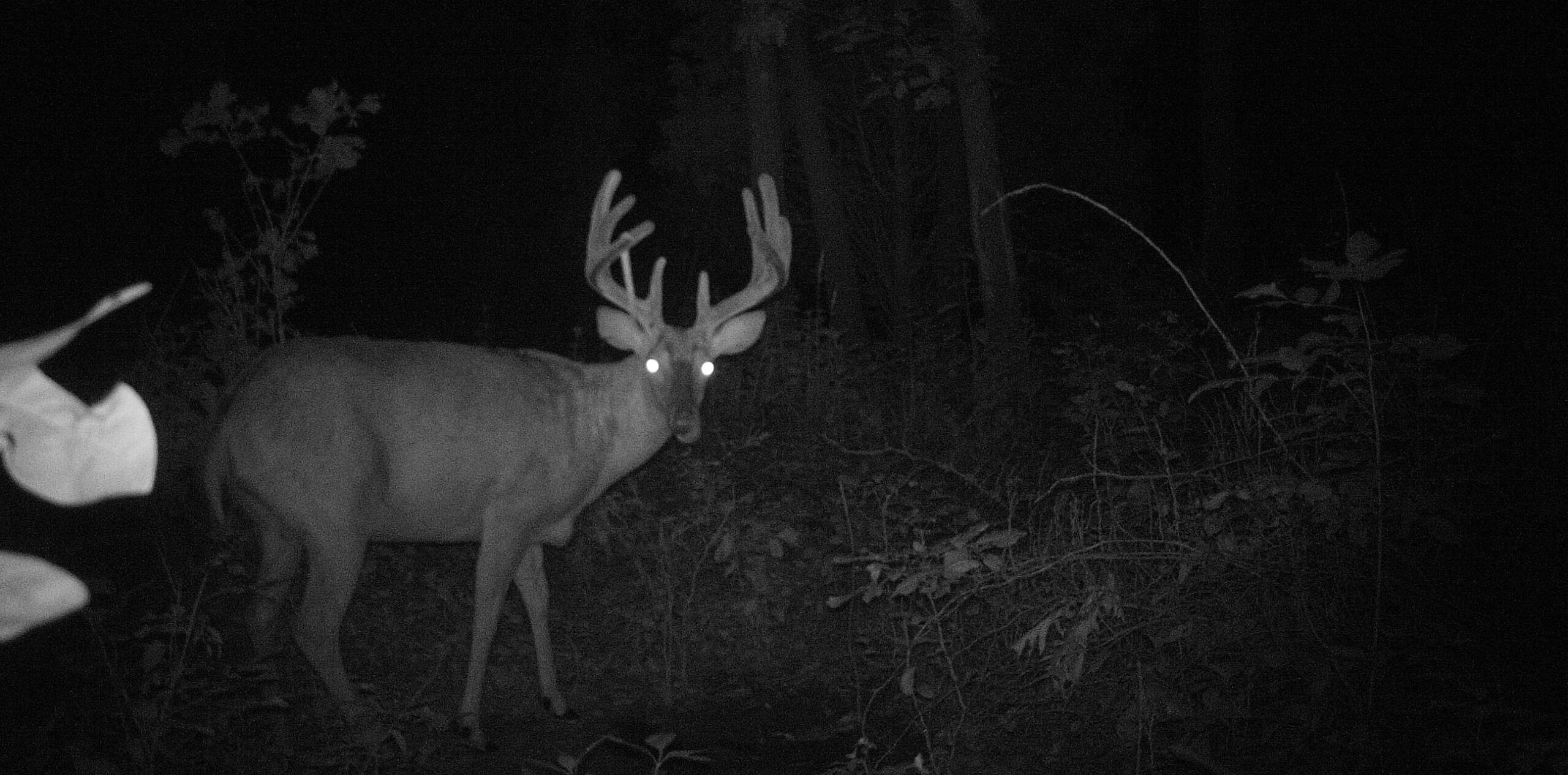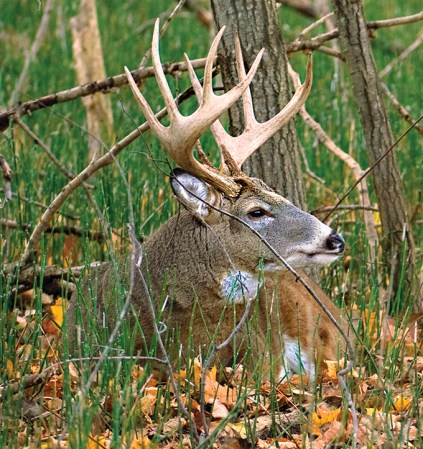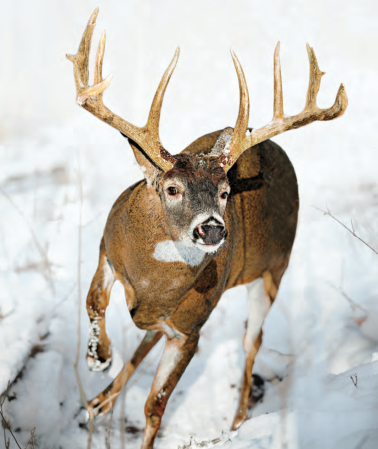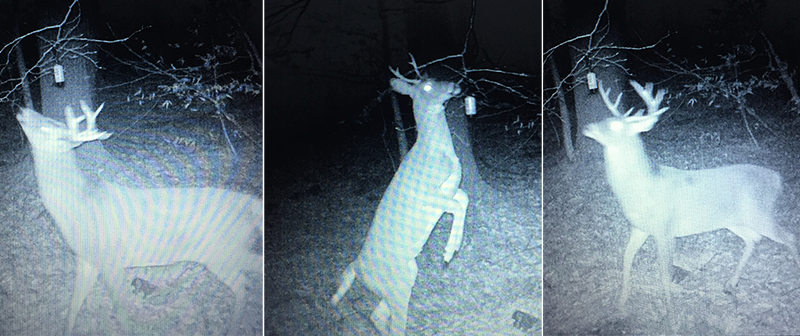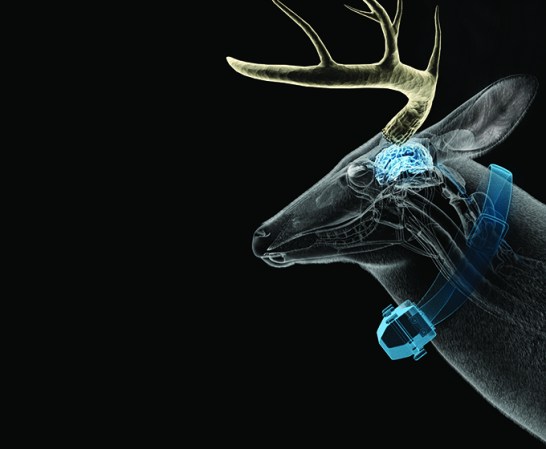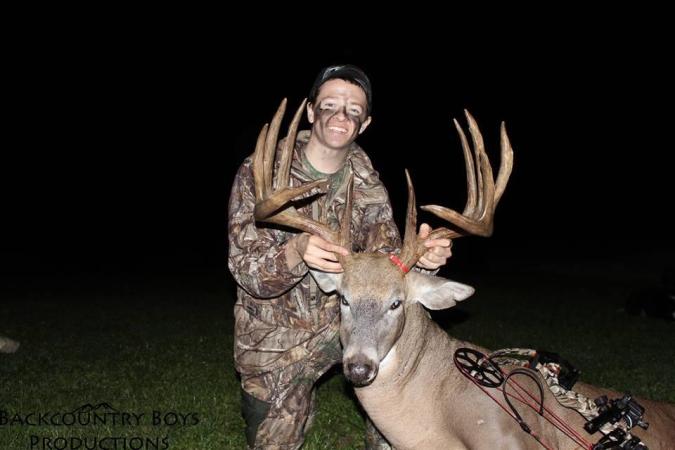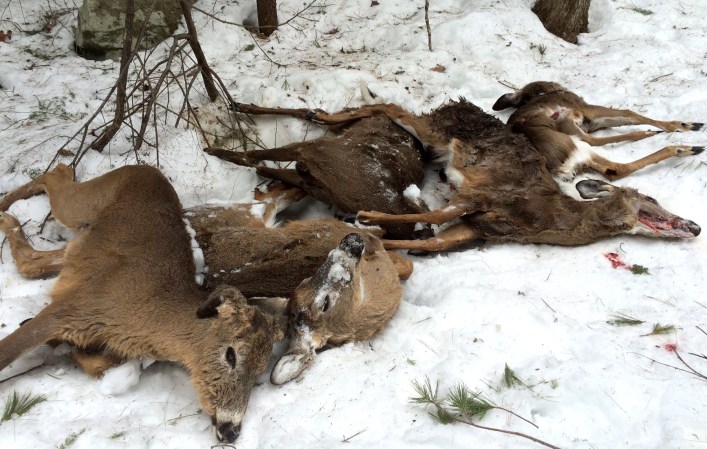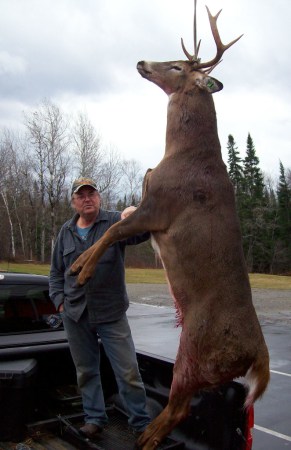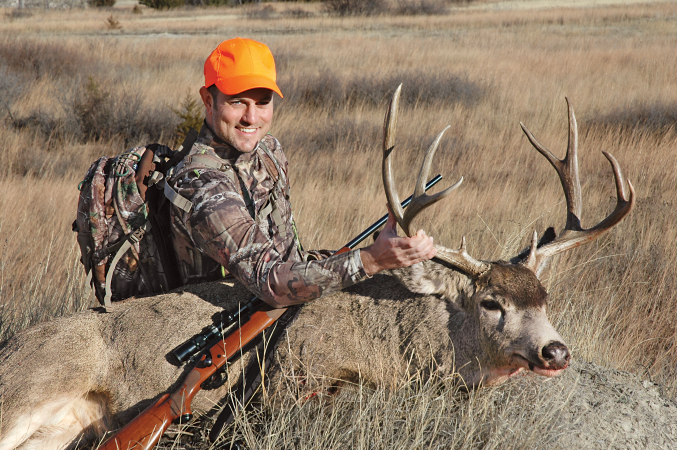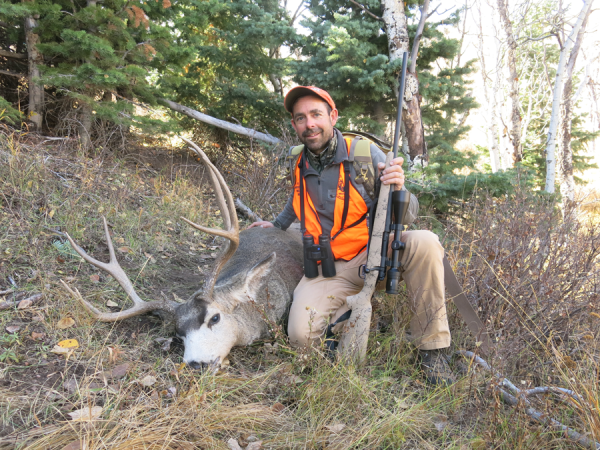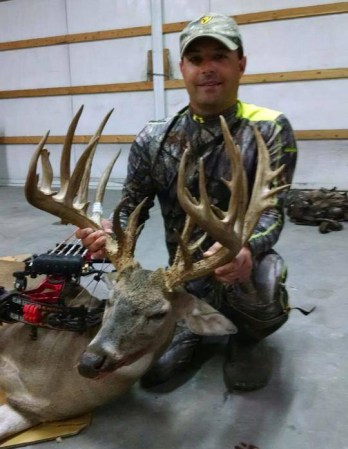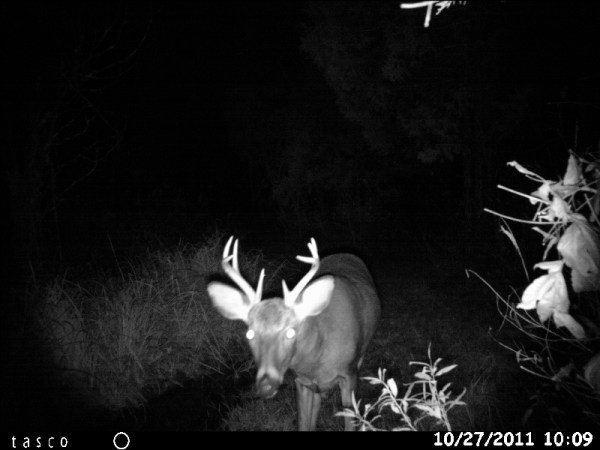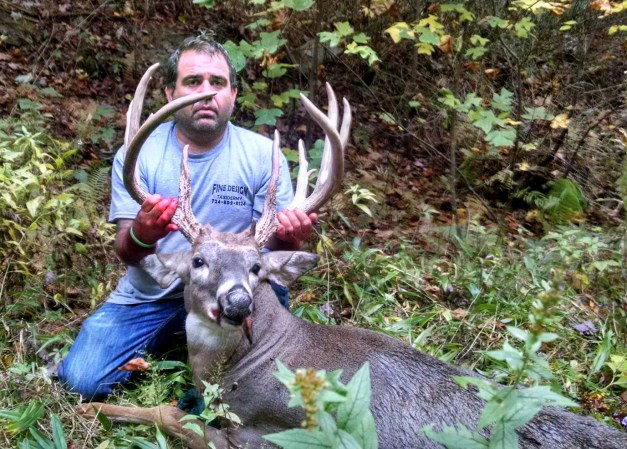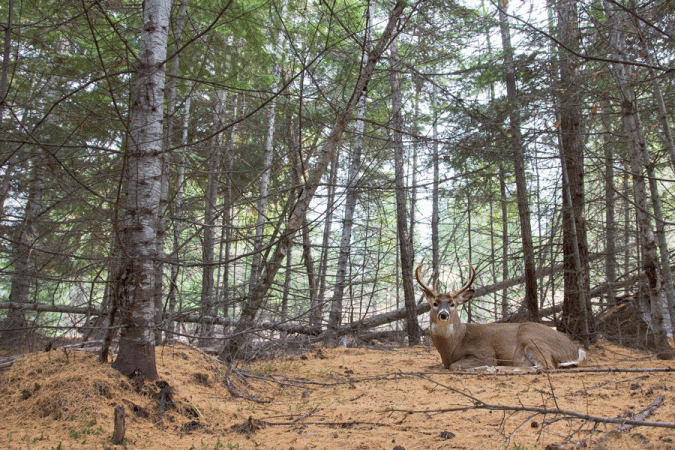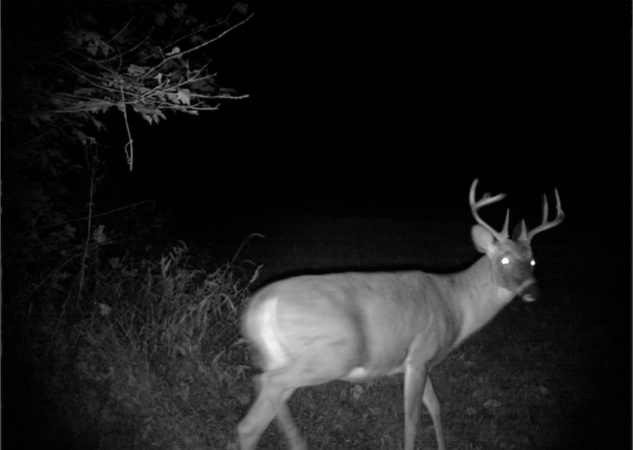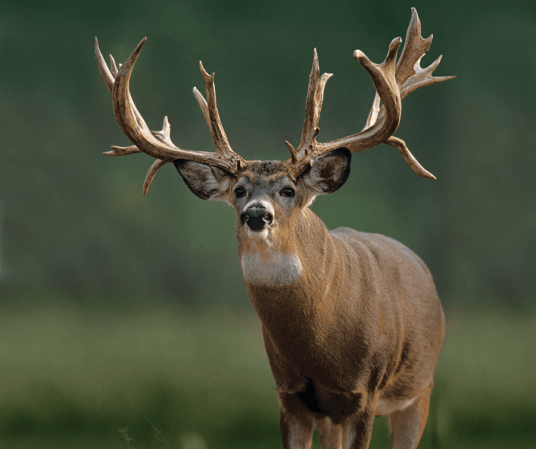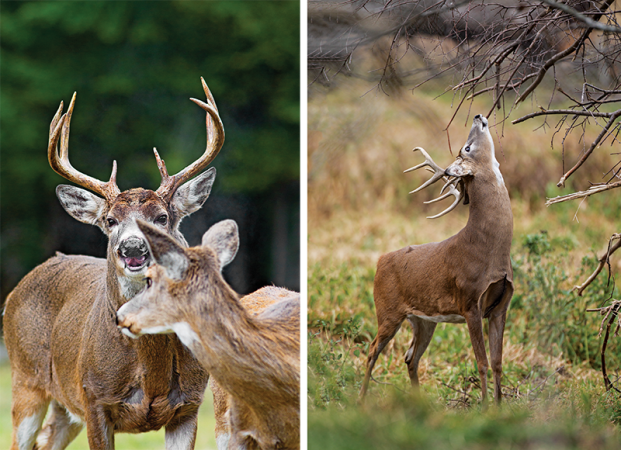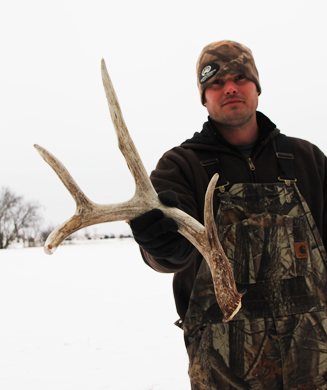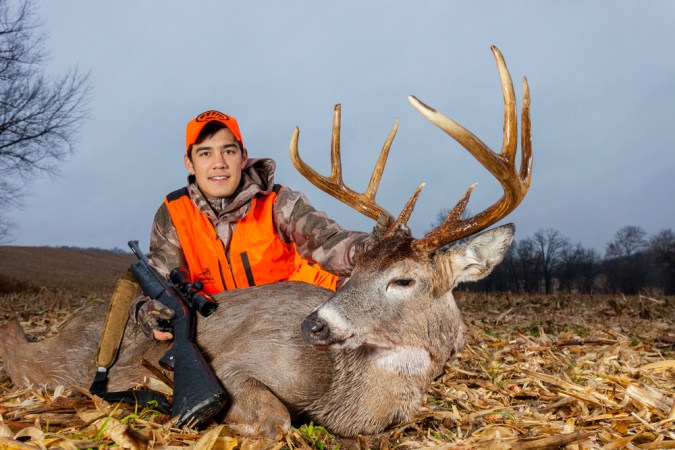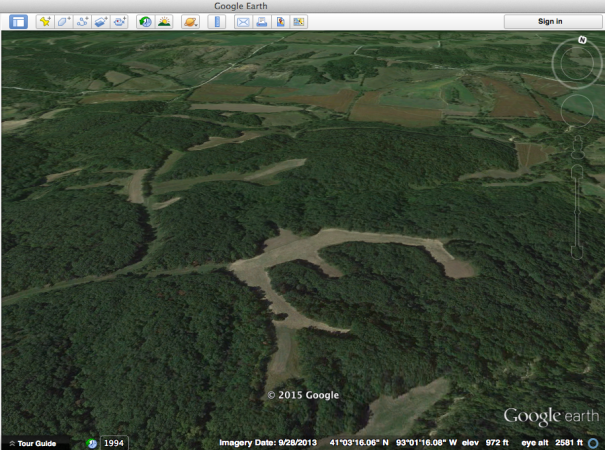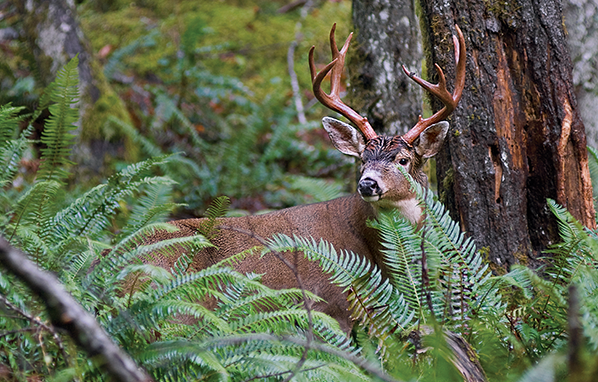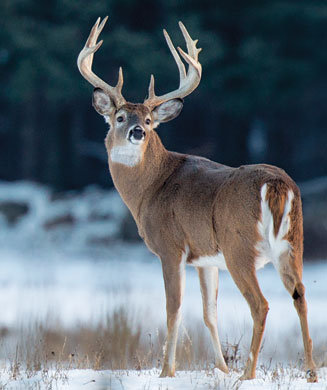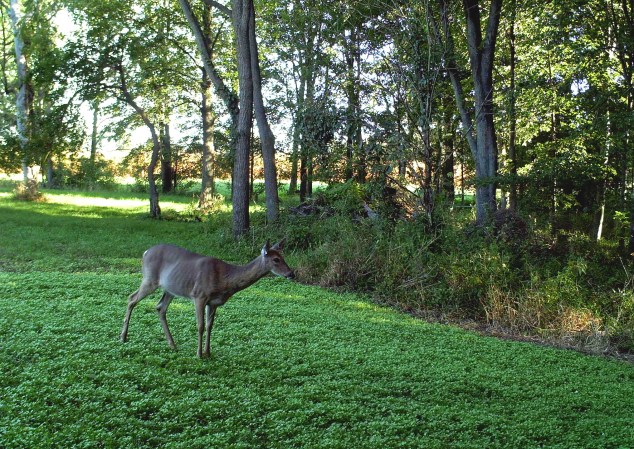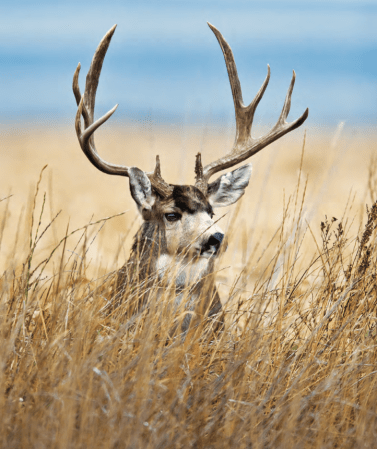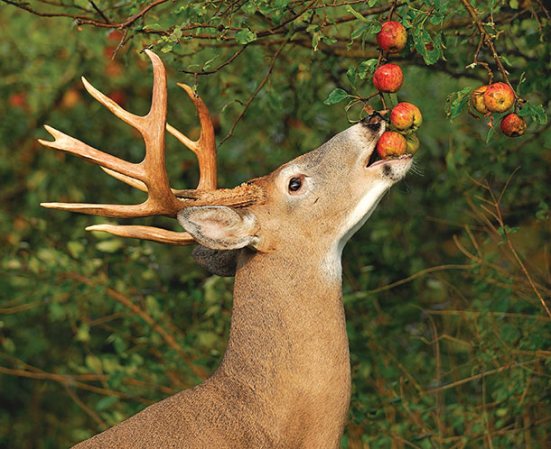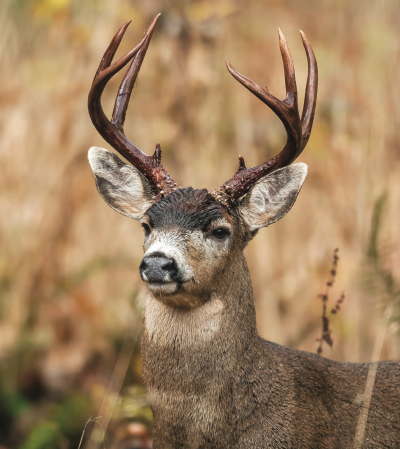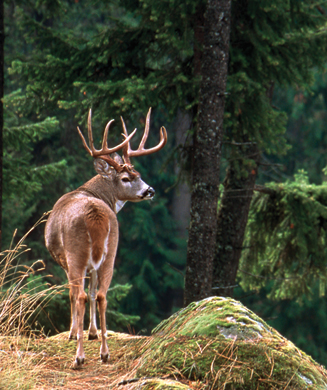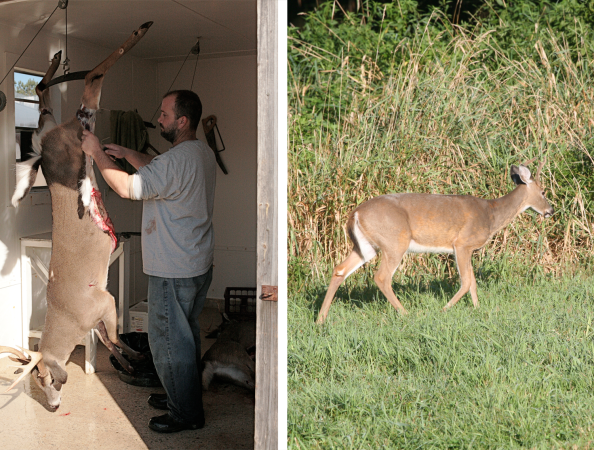He bounded off about 20 yards, stopped, and looked over his shoulder at me. The buck was 6.5 years old, had 160 inches of antler on his head, and the biggest body I’d ever seen on a whitetail in person. We stared each other down for a moment, and then he bounded off again. And that, most likely, was the last time I’ll ever see that buck.
Last week, I got a shot at this deer, but my arrow hit a limb and deflected back into his paunch. Forty-eight hours later, after searching from daylight to dusk for two straight days and with two different tracking dogs, I had to head home without recovering the buck.
Wounding and losing a deer is one of the most difficult experiences a deer hunter will ever have to go through, and if you hunt long enough, it’s bound to happen eventually. That said, here are three pieces of advice that have helped me navigate these troubled waters. Hopefully, if you ever find yourself in a similar situation, they can help you too.
1. Identify One Lesson
After hitting a buck and then not being able to recover him, it’s natural to analyze the shot again and again, picking apart everything you could have done better. This analysis is constructive because it’s important to find ways to grow from this experience, but it’s also a wormhole that can suck you in far too deep. Focus on identifying one area of improvement, and then stop dwelling on it.
2. Take Action
Once you’ve done some self-analysis and identified a lesson to be learned, make sure to plan for some way to take action. Don’t just pay lip service to it either. If you rushed the shot, tape a note on your bow to “slow down.” If you mis-ranged him, practice judging and checking your distances. If you pulled your shot, work on your follow-through in the backyard.
3. Get back out there
After failing to recover my buck, I sunk into a pretty deep funk and decided that I wasn’t going to hunt for a couple weeks. Soon though, I realized this might just make things worse. It seems that the best therapy is sometimes to just start hunting again. I can say now, after several subsequent hunts, that it does, in fact, help. So get back out there and shake it off.
